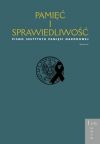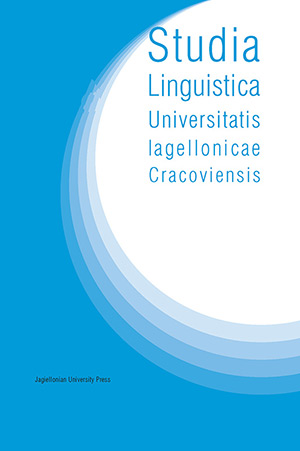
The Catholic Church versus the Greek Catholic Orthodox Church in the USSR after World War II: Way Towards Cooperation
Kościół katolicki a Cerkiew greckokatolicka w USRR po II wojnie światowej – droga do współpracy
Local leaderships in Poland significantly affected the consequences of the open conflict between Rome and Moscow in new political conditions. Anti-catholic actions carried out by communist authorities resulted in reaching an agreement between the Soviet government and the Polish Committee of National Liberation (Polski Komitet Wyzwolenia Narodowego). It concerned a displacement of Ukrainian citizens from the Polish territory as well as of Poles from the USSR. Roman Catholic and Greek Catholic hierarchs negatively referred to the Polish- Ukrainian settlement. The vast majority of Polish society decided not to leave their homes. That decision was attributed to the significant influence of Roman Catholic clergy they had on Polish worshippers. Communist authorities, with all possible methods of persuasion (extortion, deportations and arrests), tried to use that influence in order to accelerate the process of displacement. At the request of Archbishop Eugeniusz Baziak the authorities of the Greek Catholic Church officially expressed their opposition against such actions taken by the government. Soviet officers not only put the clergy and worshippers under intense pressure but also used permanently existing Polish-Ukrainian conflicts to achieve their goals (distributing threatening leaflets with UPA signature, resettling Ukrainian citizens in areas yet uninhabited by Poles, etc.). The clergy of both Churches – Greek and Catholic – took an effort to prevent the worshippers in their parishes from creating tension between them. Polish parsons kept on Greek Catholic rectories their liturgical vestments, parish registers and another pieces of church property. Due to the fact that Polish clergy had friendly relations with Greek Catholic parsons, Polish priests used to give them the keys to their churches before being displaced. During the action of liquidation of the Greek Catholic Church the Soviet authorities extensively used the Russian Orthodox Church to erupt a dispute inside the Greek Catholic environment. Between 1944 and 1946 both Greek Catholic priests and laymen were required not only to declare their personal attitude to church (in general) but also their religious affiliation. It was caused by remarkable variety of opinions existing in Ukrainian society rich in many religious beliefs, family traditions etc. Moreover, that society was also deeply and constantly affected by the influence of the Ukrainian clergy, underground and it felt intense pressure from the authorities. In addition to this, the USSR leaderships took under consideration the possibility of carrying out a similar action against Roman Catholic Church. However, any attempt of taking such an action met with strong resistance of the clergy.
More...
